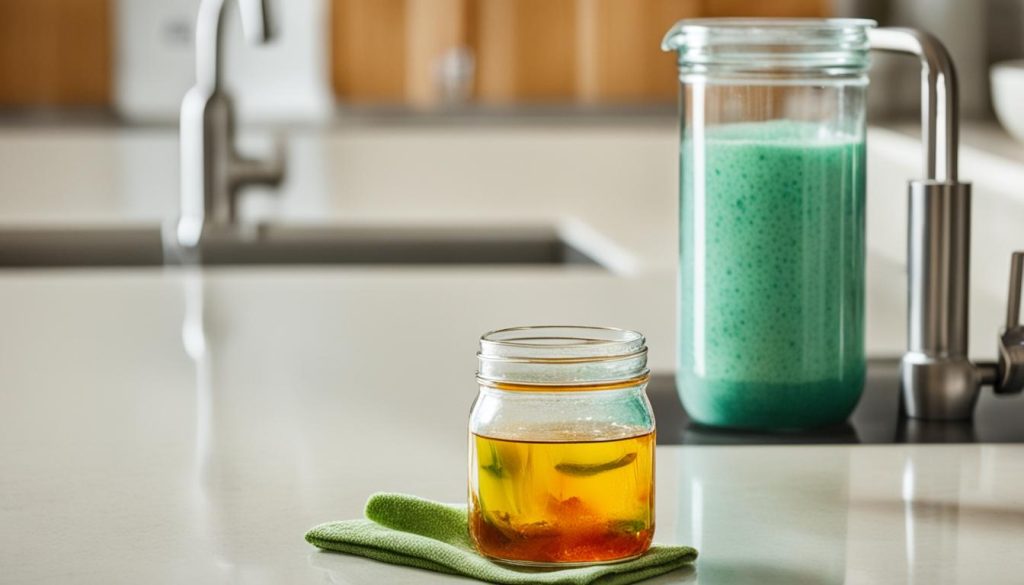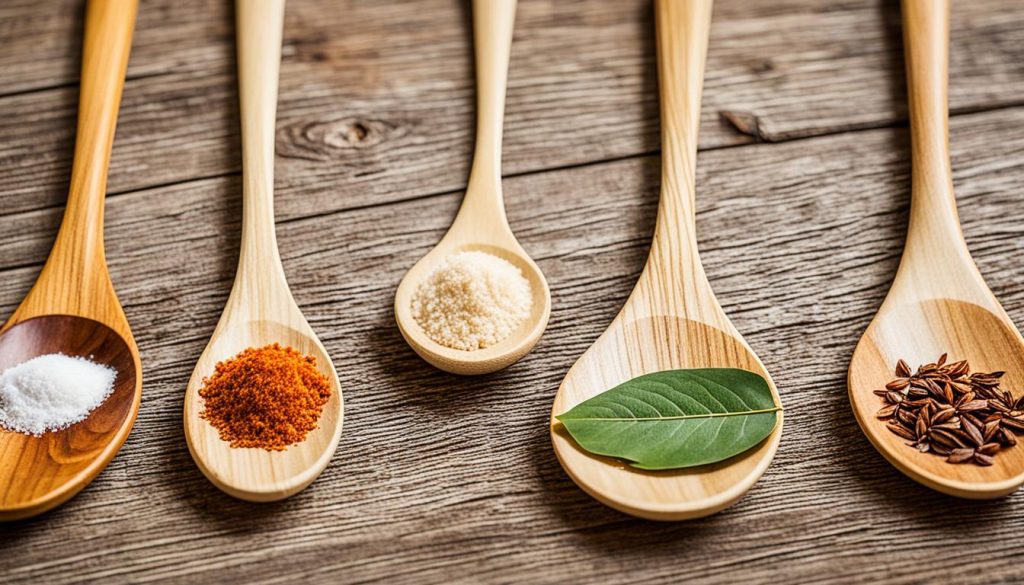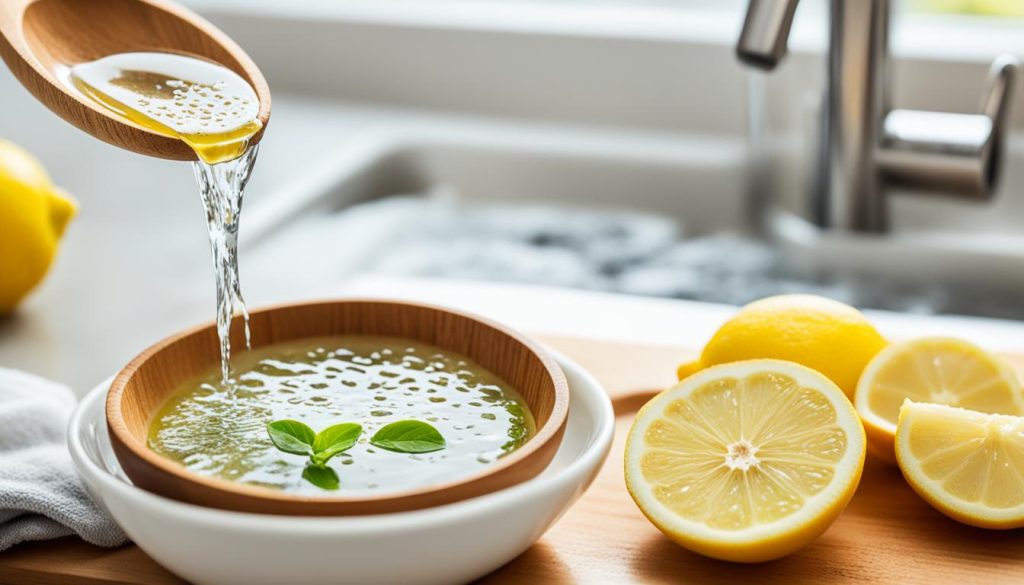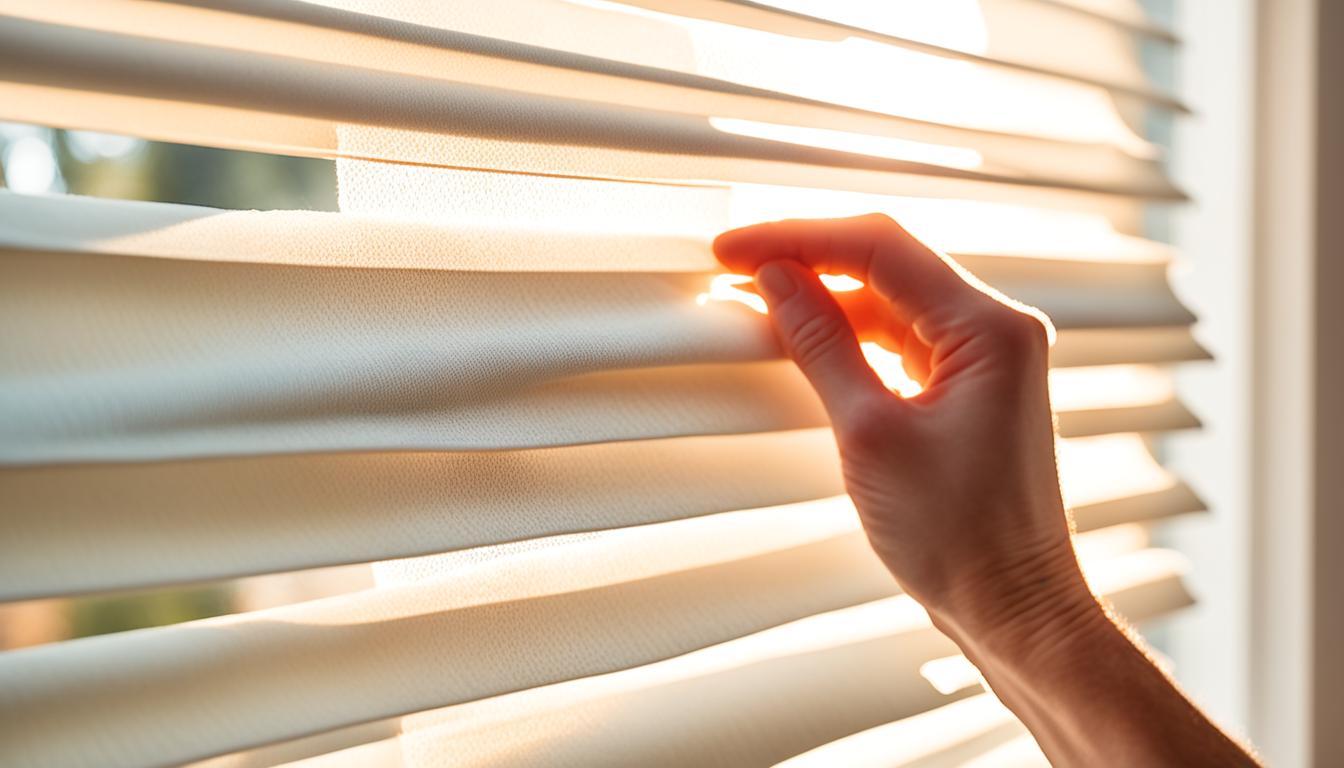Cleaning wooden spoons is essential for maintaining their longevity and hygiene. While some may consider putting wooden spoons in the dishwasher, it is recommended to clean them by hand to avoid damage. Wooden spoons are favored by professional chefs for their non-reactivity with acidic foods and gentle nature on non-stick pans. Cleaning wooden spoons is a simple process that can be done in three easy steps.
It is crucial to hand wash wooden spoons to ensure their proper care. Soaking wooden spoons in water or putting them in the dishwasher can lead to warping, swelling, and even cracking.
How to Clean Wooden Spoons Effectively?
To clean wooden spoons, wash them with warm water and a neutral dish soap using a gentle sponge to remove any surface dirt and grime. It is recommended to clean wooden spoons immediately after use to avoid food residue buildup.
The Importance of Hand Washing Wooden Spoons
When it comes to cleaning wooden spoons, hand washing is essential to ensure their proper care and longevity. Soaking wooden spoons in water or using the dishwasher can lead to undesirable consequences such as warping, swelling, and even cracking.
The best way to clean wooden spoons is to wash them with warm water and a neutral dish soap. This gentle method helps to remove any surface dirt and grime, without compromising the integrity of the wood. It is recommended to use a soft sponge or cloth to avoid scratching the wooden surface.
To maintain the hygiene of wooden spoons and prevent food residue buildup, it is crucial to clean them immediately after use. This simple habit ensures that the spoons are ready for your next cooking adventure.
Hand washing not only protects the wooden spoons from damage but also helps to preserve their natural beauty. By taking a few extra minutes to wash your wooden spoons by hand, you can prolong their lifespan and enjoy their benefits for years to come.
Remember, when it comes to cleaning wooden spoons, the gentle touch of hand washing is the way to go. Keep your wooden spoons in top condition by following these simple cleaning tips and ensure their longevity in your kitchen.
Soaking and Sanitizing Wooden Spoons
To deep clean and sanitize wooden spoons, a natural and eco-friendly method can be used. By soaking the spoons in a mixture of water, vinegar, and baking soda, you can effectively remove odors, embedded oil, and grease.
Here is a simple process to follow:
- Mix equal parts of distilled white vinegar and boiling water in a bowl.
- Add a few spoons of baking soda to the mixture and stir well.
- Place the wooden spoons in the mixture, ensuring that they are fully submerged.
- Let the spoons soak for 20-30 minutes, allowing the vinegar to work its magic.
- After the soak, remove the spoons from the mixture and rinse them thoroughly with plain water to remove any residue.
This natural cleaning method is not only effective but also eco-friendly, avoiding the use of harsh chemicals that can be harmful to the environment. It ensures that your wooden spoons are thoroughly sanitized and ready to be used again.
Remember, wooden spoons should be properly dried after cleaning to prevent moisture buildup. Air drying is the best method, allowing the spoons to dry naturally in a warm and dry spot.
Note: Avoid prolonged soaking of wooden spoons and never put them in the dishwasher, as this can lead to warping and damage.
Benefits of Soaking Wooden Spoons
Soaking wooden spoons in a vinegar and baking soda mixture offers several benefits:
- Deep cleaning: The combination of vinegar and baking soda helps remove stubborn stains, odors, and residue from the surface of wooden spoons.
- Sanitization: The natural properties of vinegar make it an effective disinfectant, killing bacteria and germs that may be present on the spoons.
- Eco-friendly: Using natural cleaners like vinegar and baking soda is environmentally friendly and avoids the use of harsh chemicals that can harm the planet.
- Cost-effective: Vinegar and baking soda are inexpensive and readily available, making them a budget-friendly option for cleaning wooden utensils.
This soaking and sanitizing method is a reliable and eco-friendly way to keep your wooden spoons clean, hygienic, and in good condition for years to come.

Drying and Maintaining Wooden Spoons
After cleaning and sanitizing wooden spoons, it is vital to dry them thoroughly before storing. Proper drying is essential for maintaining the quality and longevity of wooden spoons.
To dry your wooden spoons, start by using a clean kitchen towel to gently pat them dry. Be sure to remove any excess moisture from the surface to prevent the growth of mold or bacteria.
Next, find a warm, dry spot in your kitchen where you can leave the spoons to air dry completely. Placing them in a well-ventilated area helps expedite the drying process and ensures there is no moisture trapped in the wood.
To further preserve and care for your wooden spoons, consider applying a thin layer of wood oil after they are completely clean and dry. Food-grade wood oils like olive oil or coconut oil can help prevent the wood from drying out and cracking.

Wood oils also make cleaning easier by creating a protective barrier on the surface of the spoon. Simply apply a small amount of oil to a clean cloth and rub it onto the spoon in long, even strokes. Allow the oil to penetrate the wood for a few minutes, then wipe off any excess oil with a dry cloth.
By properly drying and maintaining your wooden spoons, you can ensure their longevity and keep them in optimal condition for years to come.
Tips for Proper Wooden Spoon Care
Proper care and maintenance are essential for keeping your wooden spoons in optimal condition. By following these simple tips, you can ensure that your wooden spoons remain clean, durable, and eco-friendly for years to come.
Regular Cleaning
Regular cleaning is the key to maintaining the hygiene and longevity of your wooden spoons. After each use, wash them with warm water and a mild, non-toxic dish soap. Gently scrub the surface with a soft sponge or cloth to remove any food particles or residue. Rinse thoroughly and pat dry with a clean kitchen towel.
Avoid Prolonged Exposure to Water
Wooden spoons should never be soaked in water or left submerged for an extended period. Prolonged exposure to water can cause the wood to absorb moisture, leading to warping, cracking, and the growth of mold or bacteria. To prevent this, always wash your wooden spoons promptly after use and ensure they are thoroughly dried.
Never Put Wooden Spoons in the Dishwasher
While it may be tempting to throw your wooden spoons in the dishwasher for convenience, it can damage the wood and shorten their lifespan. The high temperature and harsh chemicals in dishwashers can strip off the natural oils in the wood and cause it to become brittle. Hand washing is the safest and most effective method for cleaning your wooden spoons.
Replace When Needed
Wooden spoons should be replaced every five years or when they show signs of deterioration. If your wooden spoons start to retain odors, develop deep stains, or show cracks, it’s time for a replacement. Using worn-out spoons can compromise the quality of your cooking and pose a potential health risk.
Oiling for Longevity
Occasionally oiling your wooden spoons can help maintain their durability and prevent cracking. Food-grade wood oils such as mineral oil, walnut oil, tung oil, or linseed oil can be applied to the spoons after they are completely clean and dry. Simply rub a small amount of oil into the wood using a clean cloth, and let it absorb for a few hours before wiping off any excess oil. This helps to nourish the wood and protect it from moisture.
By following these tips for proper wooden spoon care, you can ensure that your utensils remain clean, safe, and environmentally friendly. With a little extra care, your wooden spoons will continue to be reliable companions in your kitchen adventures.

Conclusion
Cleaning wooden spoons is an essential process for maintaining their hygiene and prolonging their lifespan. By following a few simple cleaning hacks and tips, you can ensure that your wooden spoons remain in top condition for years to come.
To clean wooden spoons, start by hand washing them with warm water and a gentle dish soap. Avoid putting them in the dishwasher or soaking them in water, as this can cause warping and damage. Once washed, make sure to dry the wooden spoons thoroughly before storing them.
For a deeper clean and sanitization, consider soaking the wooden spoons in a mixture of water, vinegar, and baking soda. This natural solution helps remove embedded oils, grease, and odors. After the soak, rinse the spoons with plain water to remove any residue.
To preserve the quality of your wooden spoons, it is recommended to avoid soaking them and never put them in the dishwasher. Additionally, applying wood oil, such as olive oil or coconut oil, after cleaning can help prevent cracking and make cleaning easier.
By incorporating these cleaning hacks and following the proper care tips, you can enjoy the benefits of using wooden spoons in your kitchen while ensuring that they stay clean, sanitized, and in excellent condition.
FAQ
How often should I clean my wooden spoons?
It is recommended to clean wooden spoons immediately after use to avoid food residue buildup.
Can I put wooden spoons in the dishwasher?
No, it is not recommended to put wooden spoons in the dishwasher as it can lead to damage like warping and cracking.
How do I clean wooden spoons?
To clean wooden spoons, wash them with warm water and a neutral dish soap using a gentle sponge to remove any surface dirt and grime.
How do I sanitize wooden spoons?
To sanitize wooden spoons, you can soak them in a mixture of water, vinegar, and baking soda for 20-30 minutes.
Can I use wood oil on wooden spoons?
Yes, food-grade wood oil like olive oil or coconut oil can be applied to wooden spoons after they are completely clean and dry to help prevent cracking and make cleaning easier.
How often should I replace wooden spoons?
Wooden spoons should be replaced every five years or when they start to retain odors or show signs of cracking.







